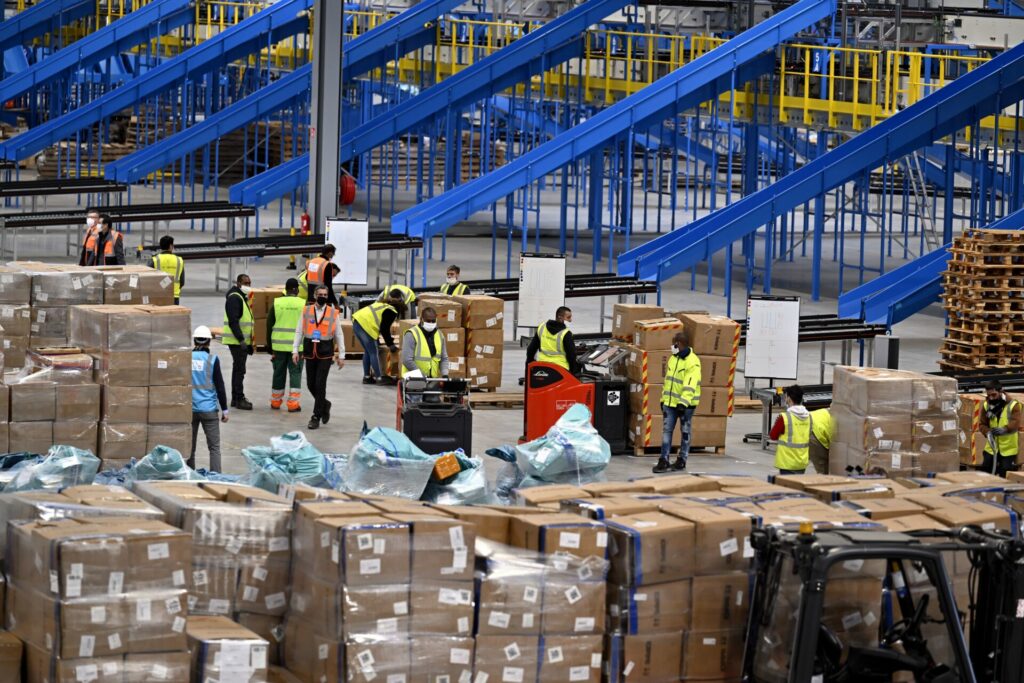In a report entitled “Paying the Price of War”, experts from the Organisation for Economic Cooperation and Development (OECD) have warned that “global growth prospects” for the years ahead have “darkened” against the backdrop of Russia’s invasion of Ukraine.
Eight months of Russia's invasion of Ukraine added with more recent escalations, has led economists to believe that there is little room for optimism in their economic outlook for the next year. The Paris-based organisation now warns that “global growth should continue to weaken in 2023” following a trying year for businesses and households in 2022.
The organisation anticipates global GDP to grow by 2.2%, 0.6% less than its previous forecast in June. Nevertheless, the group has maintained its annual growth rate for this year at 3% after significant reductions in recent months.
“Inflationary pressures are increasingly widespread, with rising energy, transport, and other costs impacting prices,” said the OECD, which has downgraded its 2023 forecast for almost all of the G20 countries, with exception of Turkey, Indonesia, and the UK, who are expected to stagnate.
It is hard to put the material damage in Ukraine to scale, but Russia’s bombs have had an economic impact much larger and wider than previously imaginable. The OECD estimates that global financial losses as a result of the war next year will total $2.8 trillion more than forecasts before Russia’s invasion.
Much of this economic fallout will impact neighbouring countries of the war. Growth projections for the eurozone have fallen drastically to 0.3% from 1.6% predicted in June. Energy prices are set to massively drive inflation, which is set to reach 8.1% this year and 6.2% in 2023.
In line with most major economic forecasters, the OECD now predicts that Germany will enter into a recession sometime next year. It expects the German economy to contract by 0.7% next year, down 2.4 points from the last forecast.
Other nations will fare better, the OECD believes, for example in Italy 0.4% growth is expected, 1.5% in Spain, and 0.6% in France (where the government is hoping for 1%).
Related News
- Recession fears continue to fuel heavy losses on Wall Street
- Belgian consumer confidence falls to historic lows
The OECD paints a largely worrying picture of the European economy in 2022, with the group warning of “a significant uncertainty” surrounding their economic projections.” If energy supply shortages become much worse this winter, it could further lead to a degradation in economic growth next year.
If gas shortages are greater than expected, eurozone GDP will topple by an additional 1.25 points next year. The result– recession in many EU Member States.
European central banks also have a delicate balancing game to play between stopping runaway by inflation and promoting growth. While protecting citizens from high inflation with increased interest rates may be a priority, increased rates risk undermining economic growth.
In order to avoid recession, the OECD is calling for more targeted support for citizens and businesses, as they say that current energy policies benefit too many households and businesses.

